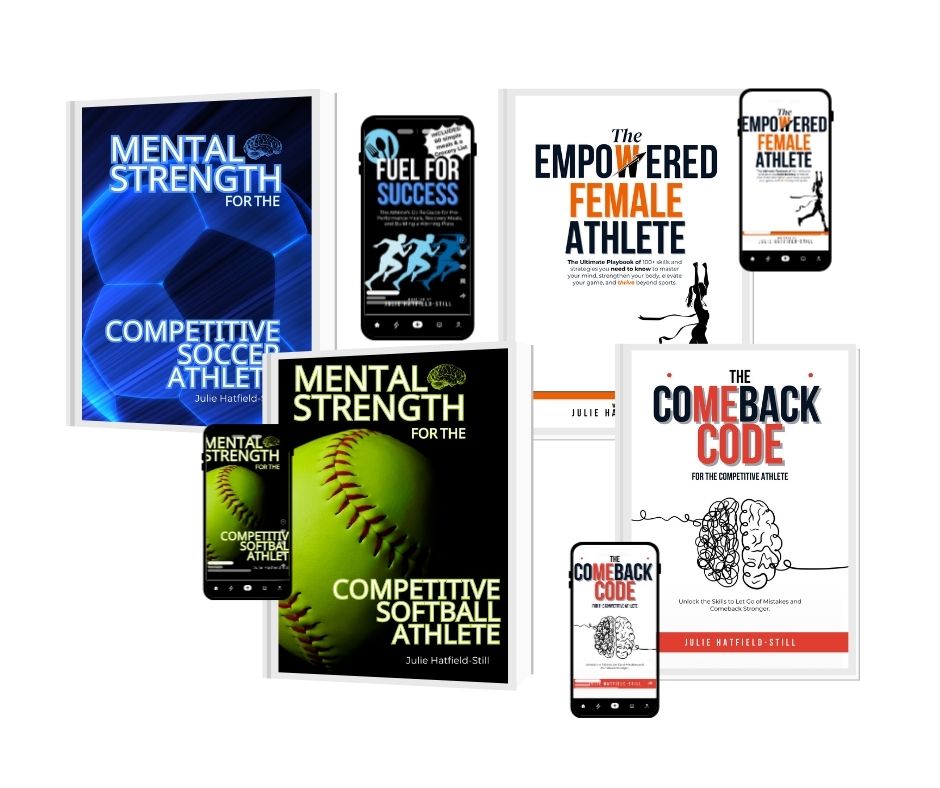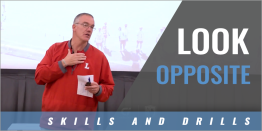|
By: Julie Hatfield-Still Provided By: Beyond The Game Alliance Emotional intelligence (EQ) is a cornerstone of effective coaching. It directly influences a coach's ability to manage emotions under pressure, resolve conflicts, and foster an environment of trust and respect. Research by Daniel Goleman (1995) identifies five core components of EQ: self-awareness, self-regulation, motivation, empathy, and social skills. Coaches with high emotional intelligence not only build stronger teams but also enhance athlete performance by modeling composure, resilience, and effective communication. This article explores four key aspects of emotional intelligence that every coach must master. Recognizing and Managing Your Emotions A coach's emotional state directly impacts the athletes they lead. Studies in sports psychology highlight the phenomenon of emotional contagion, where athletes unconsciously mirror the emotional states of their coaches (Totterdell, 2000). When a coach exhibits frustration, anxiety, or stress, athletes are more likely to experience the same-potentially hindering performance and team morale. Conversely, a coach who maintains composure and models emotional regulation fosters a more resilient and focused team. Self-awareness is the foundation of emotional intelligence. It requires an honest assessment of one's emotional triggers-whether it's a tough loss, a disrespectful athlete, or an over-involved parent. Research suggests that naming emotions activates the brain's prefrontal cortex, which helps regulate impulses and prevent emotional hijacking (Lieberman et al., 2007). Techniques such as mindfulness, journaling, and self-reflection can help coaches recognize patterns in their emotional responses and develop strategies to manage them effectively. Self-regulation follows self-awareness and is the ability to control emotional impulses rather than react impulsively. Neurobiological studies indicate that deep breathing exercises, such as diaphragmatic breathing, activate the parasympathetic nervous system, reducing stress hormones like cortisol and preventing reactive behavior (Ma et al., 2017). Coaches who pause and regulate their emotions before responding to challenges create a more stable and psychologically safe environment for their athletes. Navigating Conflict with Athletes, Parents, and Staff Conflict is inevitable in coaching-whether it involves addressing an athlete's lack of effort, managing difficult parents, or resolving disagreements with staff. Research on conflict resolution suggests that successful leaders employ a blend of emotional intelligence and communication strategies to de-escalate tension and foster collaboration (Goleman, Boyatzis, & McKee, 2013). One critical skill in conflict resolution is emotional detachment-not in a way that makes a coach apathetic, but in a way that allows for objective problem-solving rather than emotionally driven reactions. Studies show that individuals who separate their emotions from conflict are more likely to reach constructive resolutions rather than escalate tensions (Hess & Bacigalupo, 2013). This requires self-regulation, perspective-taking, and an ability to shift from reactionary emotions to problem-solving mode. For conflicts with athletes, a key strategy is curious questioning. Instead of accusing an athlete of having a bad attitude, asking, "What's going on today? I noticed you seem frustrated," opens the door for dialogue rather than defensiveness. For parental conflicts, framing conversations with shared goals-"I know we both want what's best for your child. Let's talk about what that looks like"-can reduce combative interactions. When navigating disagreements with staff, research supports collaborative problem-solving, where both parties feel heard and solutions are mutually agreed upon rather than imposed (Stone, Patton, & Heen, 2010). Building Trust and Credibility Through Self-Awareness Trust is the currency of coaching. Without it, athletes hesitate to buy into coaching strategies, and team culture suffers. Neuroscientific studies reveal that oxytocin, a neuropeptide linked to bonding and cooperation, is released when people feel psychologically safe in relationships (Zak, 2012). This reinforces the idea that trust is not built through authority alone but through consistency, authenticity, and emotional intelligence. Self-awareness is at the heart of building trust. Coaches who acknowledge their own biases, strengths, and limitations are better equipped to lead without letting ego, frustration, or unconscious biases interfere with decision-making. Athletes respect a coach who can admit mistakes, take responsibility, and demonstrate humility (Brown, 2018). Authenticity also plays a significant role in credibility. Research on leadership effectiveness highlights that athletes respond more positively to coaches who are transparent about their values and emotions, rather than those who suppress their humanity (George, 2003). This doesn't mean oversharing personal struggles, but rather showing up as a real person-not just an authority figure. For example, a coach openly addressing emotions in a constructive way-"I'm frustrated by how we're approaching this drill, but I want us to work together to fix it" models authenticity and emotional intelligence. Staying Composed Under Pressure Pressure is an inherent part of coaching-whether it's a high-stakes game, handling athlete setbacks, or making split-second decisions under scrutiny. The ability to remain calm and composed during these moments is a defining trait of great coaching. Sports psychology research has shown that a coach's ability to regulate their stress levels directly influences athlete confidence and performance (Hanin, 2000). One effective way to stay composed under pressure is through cognitive reframing, a strategy grounded in neuroscience that involves shifting one's perspective on a stressful situation. Instead of viewing a tough game as a potential failure, reframing it as an opportunity to test resilience changes the brain's response to stress (Gross, 2002). Studies on elite athletes reveal that those who engage in reframing techniques show lower levels of stress-related hormones and higher levels of focus (Jones, 2002). Another scientifically backed technique is breath control training, used by Navy SEALs, elite athletes, and high-performance leaders. Box breathing-a method where one inhales for four seconds, holds for four, exhales for four, and holds for four-triggers the body's relaxation response, reducing physiological stress reactions (Sullivan & Carhart-Harris, 2018). Coaches who incorporate breath control into their own routines can model it for athletes, fostering a culture of emotional regulation. Finally, preparation and visualization play a significant role in staying composed. Research in sports psychology supports the idea that mental rehearsal reduces performance anxiety. A coach who visualizes high-pressure scenarios and how they will calmly navigate them strengthens neural pathways associated with confidence and poise (Vealey & Chase, 2008). Mastering emotional intelligence is not about suppressing emotions; it's about recognizing them, understanding their impact, and responding in ways that enhance leadership and athlete development. By improving emotional awareness, conflict resolution, self-regulation, and trust-building, coaches can elevate both their own performance and that of their athletes.
Written by Coach Julie Hatfield-Still
Julie Hatfield-Still is an entrepreneur, coach, author, and advocate for empowering athletes to unlock their full potential in their game and beyond their game. With a passion for developing mental strength and resilience, Julie has authored books for Female Athletes and Mental Strength in Softball and Soccer. She is also the Founder and President of Beyond The Game Alliance. This non-profit organization provides holistic and proactive workshops in Nutrition, Mental Strength & Sports Psychology, Injury Resilience, Recovery, Career Development, and more. Beyond The Game Alliance comes alongside Teams, Schools, and Sports Organizations to support their athletes' needs by providing awareness, access, and affordability for services and coaching for athletes. When Julie isn’t writing, running a non-profit, or coaching, she’s most importantly dedicated to educating her two sons and creating a simple life with her family. Learn more about Beyond The Game Alliance at BeyondTheGameAlliance.org or Follow Us on Social Media (Facebook and Instagram). Find Books for Athletes used by Coaches on Amazon.
Find Books For Athletes used by Coaches on Amazon: |







